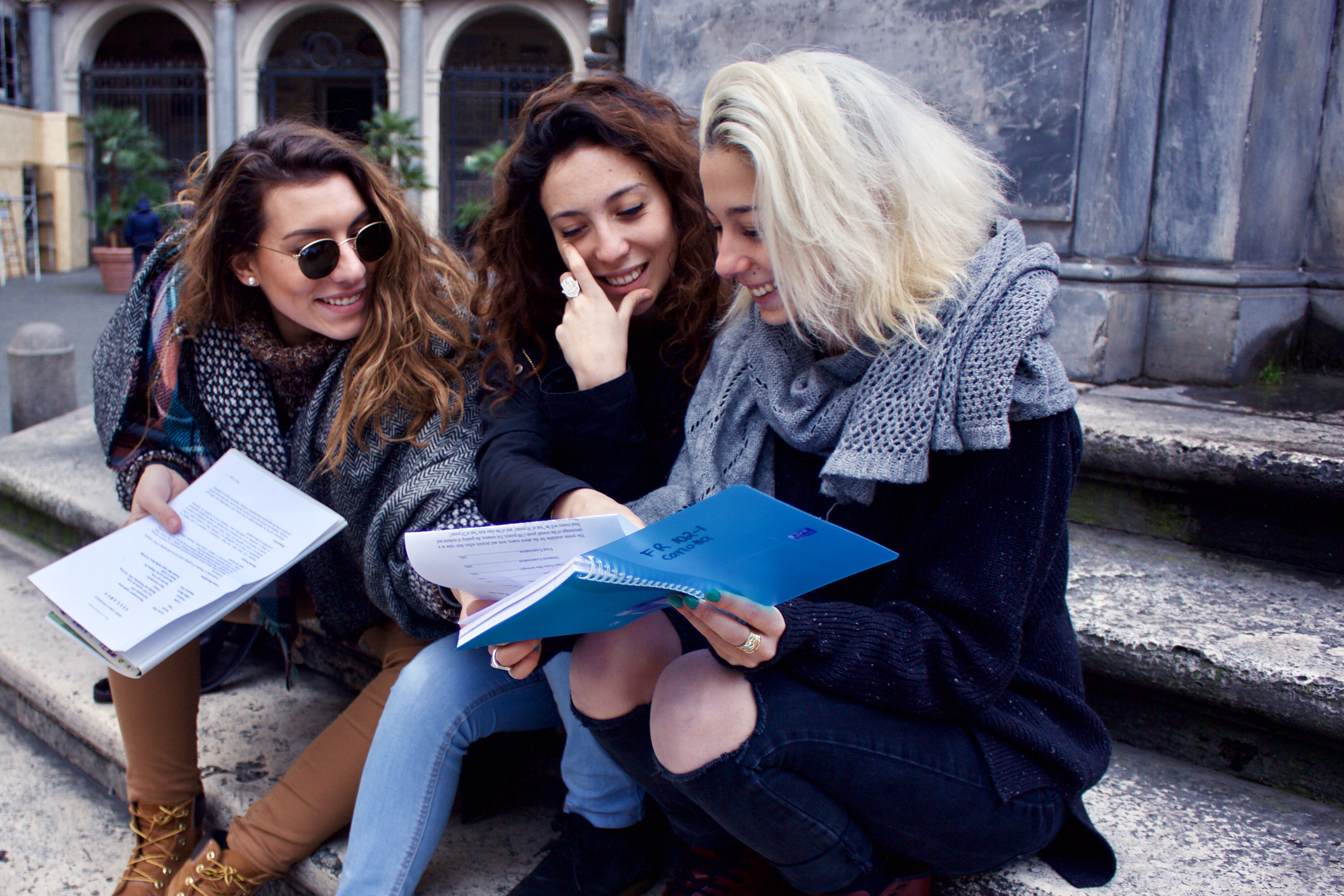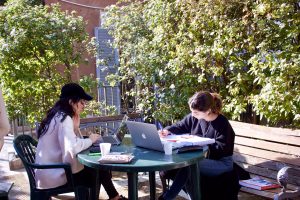

“In Foreign Affairs, we must make up our minds that, whether we wish to or not, we are a great people and must play a great part in this world.”
-Theodore Roosevelt
1. International school = International experience
Being a university with a highly diverse international student body and faculty, John Cabot is uniquely qualified to teach international affairs. Many of the students do not come from the United States (in fact, American students account for only 17% of the degree-seeking population), so the breadth of knowledge that you get in your classes from different countries and backgrounds is unlike anything you would get at a traditional university from whichever country (or “state” as you would say using an international  politics lexicon) you come from. Not only that, but you also get the experience of living in a different country, with a different language and a different culture as well. You get to see the world through a different lens, which, in my experience, has helped me take a more inquisitive look at not just U.S. politics, economics, etc., but also the world at large, and where I find myself within this world as a student and as a world citizen. The friends you make while you’re here will be international, as well. For example, I have friends from Africa, Europe, and South America, all of whom share the same passion for international affairs that I do, and I know that we’ll be friends long after graduation has come and gone.
politics lexicon) you come from. Not only that, but you also get the experience of living in a different country, with a different language and a different culture as well. You get to see the world through a different lens, which, in my experience, has helped me take a more inquisitive look at not just U.S. politics, economics, etc., but also the world at large, and where I find myself within this world as a student and as a world citizen. The friends you make while you’re here will be international, as well. For example, I have friends from Africa, Europe, and South America, all of whom share the same passion for international affairs that I do, and I know that we’ll be friends long after graduation has come and gone.
2. Differing Viewpoints
 On the same plane, the differing viewpoints you get from your classmates and professors will help you develop your own opinion of how the international arena really works and the differences in ideals and plans that each country has. The dialogues and discussions that take place both inside and outside the classroom are incredibly insightful. Talking about the issues pertaining to our world with people who think differently than you do opens up entirely different ways of thinking that you may not have ever thought about before. You also learn how to have conversations with the knowledge that different ways of thinking aren’t inherently right or wrong, simply different.
On the same plane, the differing viewpoints you get from your classmates and professors will help you develop your own opinion of how the international arena really works and the differences in ideals and plans that each country has. The dialogues and discussions that take place both inside and outside the classroom are incredibly insightful. Talking about the issues pertaining to our world with people who think differently than you do opens up entirely different ways of thinking that you may not have ever thought about before. You also learn how to have conversations with the knowledge that different ways of thinking aren’t inherently right or wrong, simply different.
3. Self-analysis
While here at John Cabot University, you really get a chance to define who you are and begin to think critically about your place in the world. You begin to rethink your ideas about key issues, which by no means is a bad thing; changing ideas based on new evidence is one of the cornerstones of logical thought. It’s all about keeping an open mind.

Kurtis Loux




